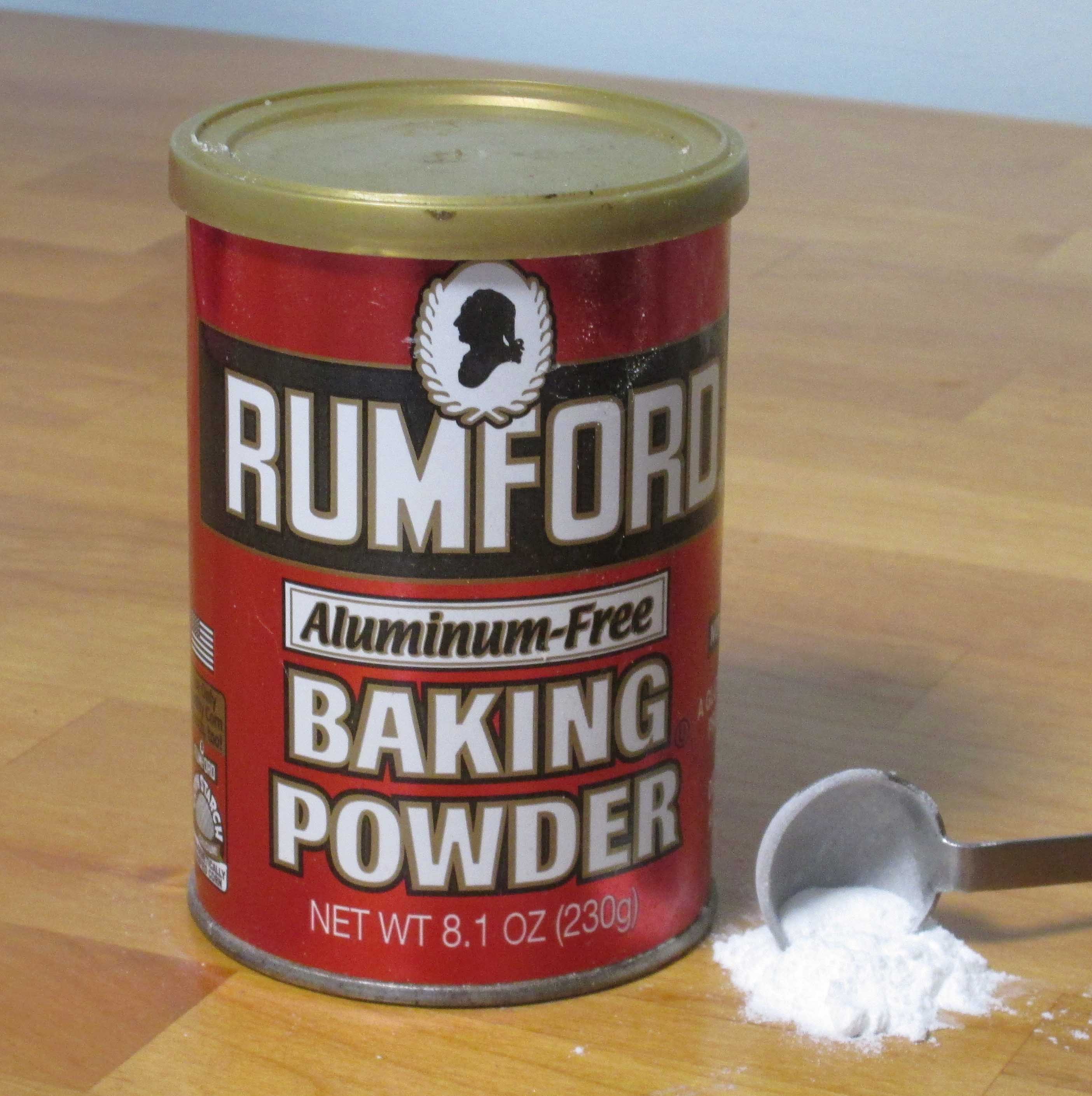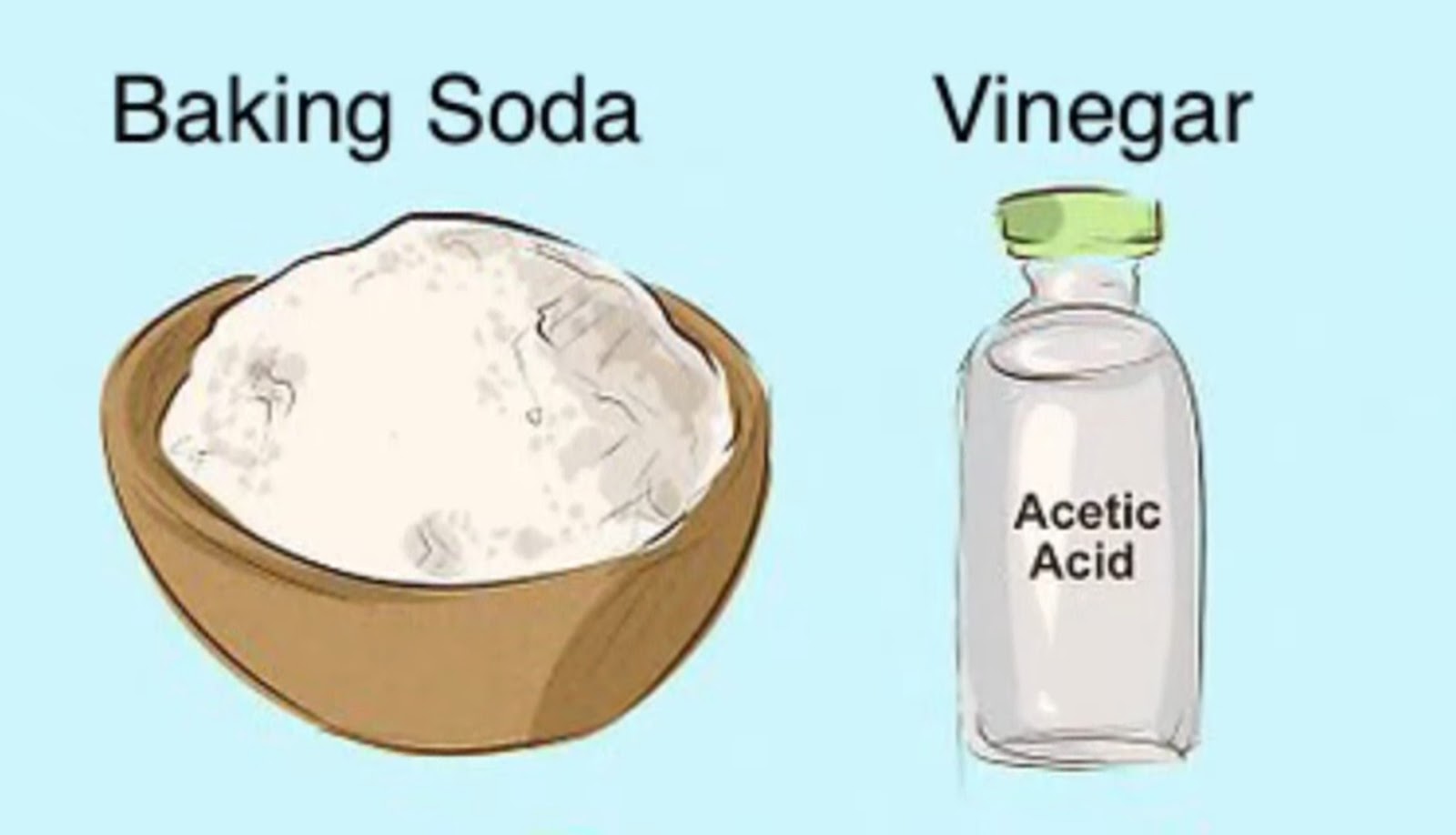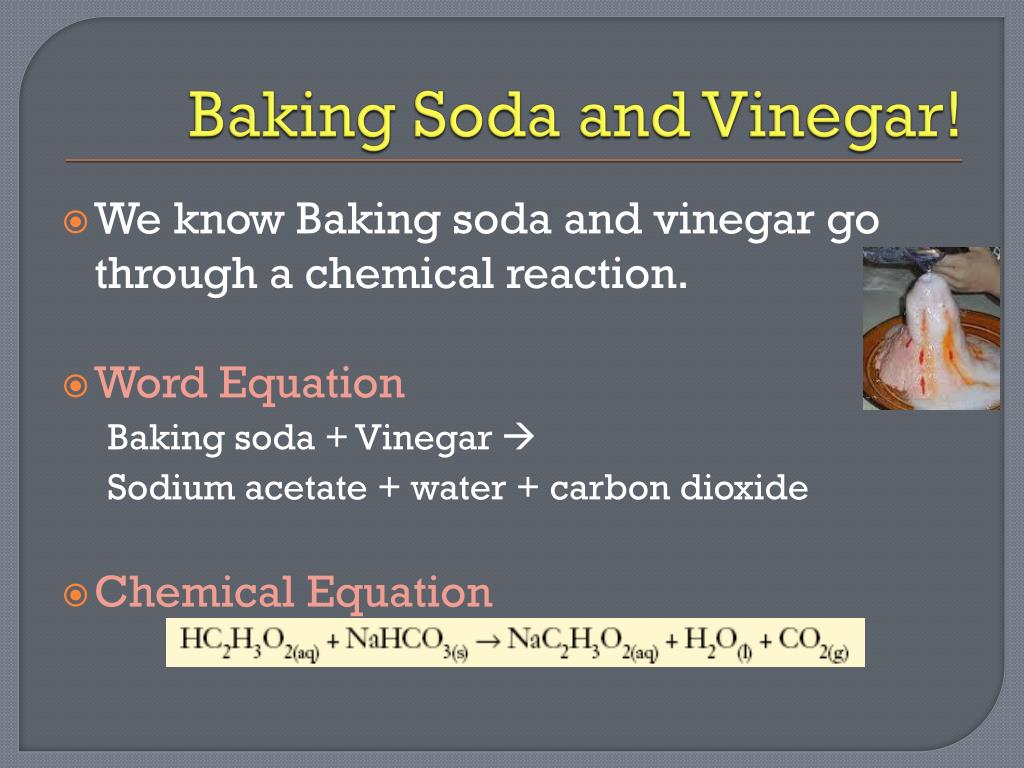
Does baking powder go out of date? Knowing the answer can save your baked goods from being flat and dense. Keep your recipes consistent and delicious.
Maintaining the potency of leavening agents is crucial for successful baking. Baking powder, a common ingredient in countless recipes, loses its effectiveness over time, impacting the rise and texture of the final product.
Understanding how to assess and manage baking powders freshness ensures consistent and predictable results. This knowledge helps avoid disappointments like sunken cakes or cookies lacking that desired fluffy texture, ultimately saving time and resources.
Baking powder’s leavening action relies on a chemical reaction that releases carbon dioxide gas, creating air bubbles within the batter. This reaction weakens over time as the active components degrade, reducing its ability to aerate baked goods effectively.
For home cooks, knowing how to check baking powders freshness is invaluable. A simple test using hot water can quickly determine its potency, making it easy to decide whether a new container is needed before starting a recipe.
Some believe storing baking powder in the refrigerator extends its shelf life, though this is debatable and can sometimes lead to clumping due to moisture. Properly sealed storage in a cool, dry place generally provides the best results.
The following information offers a guide to recognizing expired baking powder, conducting freshness tests, and maintaining its quality, so every baking project achieves optimal results.
Potency decreases
The phrase “does baking powder go out of date” directly relates to its diminishing potency. As baking powder ages, its chemical leavening action weakens. This decline arises from the gradual degradation of its active ingredients, primarily the acid and base components responsible for releasing carbon dioxide.
Consider a scenario where a baker uses baking powder past its prime: The cake fails to rise adequately, resulting in a dense, flat texture instead of a light and airy one. This demonstrates the practical significance of understanding that baking powder’s effectiveness wanes over time. Without sufficient carbon dioxide production, the batter lacks the necessary lift.
Therefore, acknowledging that baking powder loses potency is essential for successful baking. Regular checks for freshness and proper storage can mitigate these effects, ensuring consistent and reliable results. Ultimately, this understanding links directly back to why “does baking powder go out of date” is a critical consideration for any baker.
Testing freshness
The question “does baking powder go out of date” finds a practical answer through the simple act of testing freshness. A direct cause-and-effect relationship exists: expired baking powder leads to flat baked goods, while a freshness test reveals whether potency remains.
Imagine preparing a batch of cookies only to find they spread thinly and lack their usual puffiness. A quick check of the baking powder beforehandstirring a small amount into hot water to observe fizzingwould have signaled its diminished efficacy and prevented the disappointment. This test serves as a small investment of time safeguarding an entire recipe.
Therefore, regularly testing baking powder stands as an essential step in any baking process. It addresses “does baking powder go out of date” head-on by providing a tangible assessment of its leavening ability, ensuring success in the kitchen and preventing wasted ingredients.
Storage impacts
The lifespan and effectiveness of baking powder, intrinsically linked to the question “does baking powder go out of date,” are significantly influenced by how it’s stored. Proper storage safeguards its leavening capabilities, while improper conditions can accelerate its degradation.
-
Moisture Exposure
Humidity is a significant adversary to baking powder. When exposed, moisture triggers premature activation of the acid and base components, diminishing its leavening power before it even reaches the batter. This can result in clumps and a significantly reduced shelf life, rendering it ineffective in baking.
-
Temperature Fluctuations
Frequent changes in temperature can also impact baking powder’s integrity. Elevated temperatures accelerate the chemical reactions within, causing a gradual loss of carbon dioxide-releasing capacity. Storing it near a stove or oven, therefore, is not ideal, as consistent heat exposure will shorten its lifespan.
-
Air Exposure
Exposure to air can introduce both moisture and other contaminants, affecting the stability of the chemical compounds in baking powder. An unsealed container allows atmospheric elements to interact with the powder, gradually diminishing its potency and leading to lackluster results in baked goods.
-
Container Integrity
The choice of storage container plays a vital role. An airtight container, ideally opaque, protects the baking powder from light, moisture, and air. A container with a secure seal prevents external elements from compromising the powder’s freshness and effectiveness, ensuring that it remains potent for longer.
Understanding the impact of storage on baking powder is key to preventing disappointment in the kitchen. By controlling these environmental factors, home bakers can ensure their baking powder remains effective, answering “does baking powder go out of date” with a well-managed timeframe for optimal performance and consistent baking successes.
Tip Metadata
- Category: Kitchen Hacks
Time & Effort
- Estimated Time: 2 minutes
- Skill Level: Beginner
- Impact: Prevents baking failures, ensures proper leavening of baked goods.
Tools or Materials Needed
- Hot water
- Small bowl or cup
- Teaspoon
Step-by-Step Guide
- Step 1: Heat Water Pour approximately 1/4 cup of water into a kettle or microwave-safe container and heat until nearly boiling. The water should be hot enough to activate the baking powder if it’s still potent.
- Step 2: Prepare the Sample Place about 1 teaspoon of baking powder into a small bowl or cup. Ensure the bowl is clean and dry to avoid any interference with the test.
- Step 3: Add Hot Water Carefully pour the heated water onto the baking powder in the bowl. Observe the reaction closely.
- Step 4: Observe the Reaction A vigorous fizzing or bubbling indicates that the baking powder is still active and suitable for use. If there is little to no reaction, the baking powder has likely lost its potency and should be replaced.
A common mistake is using water that is not hot enough, which can result in a false negative. Ensure the water is close to boiling for an accurate assessment. Some prefer to use a larger quantity of baking powder and water to amplify the reaction, but a teaspoon is generally sufficient. Remember to check the expiration date on the container as well, although this test provides a more reliable indicator of its current state.
Pro Tip or Variation
For a more visual test, use clear vinegar instead of water. A strong bubbling reaction confirms freshness due to the acidic nature of vinegar, which intensifies the leavening process. However, the standard hot water test is usually sufficient for home baking needs.
Best Practices & Expert Tips
- Airtight Storage Store baking powder in a tightly sealed container to prevent moisture absorption, which leads to premature activation and clumping.
- Cool, Dry Location Keep baking powder in a cool, dry place away from direct sunlight and heat sources, as these conditions accelerate degradation.
- Regular Freshness Tests Conduct the hot water test every few months, even if the expiration date hasn’t passed, to ensure its leavening ability remains potent.
- Use Dry Measuring Utensils Always use dry measuring spoons or cups to scoop baking powder to avoid introducing moisture into the container.
Variations & Common Mistakes
- Substituting Baking Soda and Acid Combine baking soda with an acidic ingredient like cream of tartar or lemon juice as an alternative leavening agent, adjusting amounts carefully to balance the pH.
- Using Single-Acting Baking Powder Single-acting baking powder releases its gas immediately upon mixing with liquid, so work quickly after combining it in the batter to prevent flatness.
- Over-Measuring Baking Powder Adding too much baking powder can result in a bitter taste and cause the baked goods to rise rapidly and then collapse.
- Ignoring the Expiration Date While the freshness test is valuable, always check the expiration date as a general guideline, replacing baking powder that is significantly past its prime, even if it shows slight fizzing.
Why This Tip Matters
Understanding whether baking powder loses its effectiveness is a small but significant detail that profoundly impacts your baking results. Mastering this knowledge leads to consistently light, fluffy, and delicious creations.
This tip is remarkably versatile, applicable to a wide range of recipes from cakes and cookies to muffins and scones. Whether you’re a seasoned baker or just starting out, ensuring your baking powder is fresh adds a layer of reliability to your kitchen endeavors.
Now it’s your turn to try it out! Test your baking powder, experiment with the hot water method, and see the difference it makes in your favorite recipes. Feel free to share your own tips, tricks, or experiences in the comments below; we’d love to hear from you!
Happy cooking! May your time in the kitchen be filled with joy, creativity, and, of course, perfectly risen baked goods.
Images References :
Image used for illustration purposes only. All rights belong to their respective owners.


